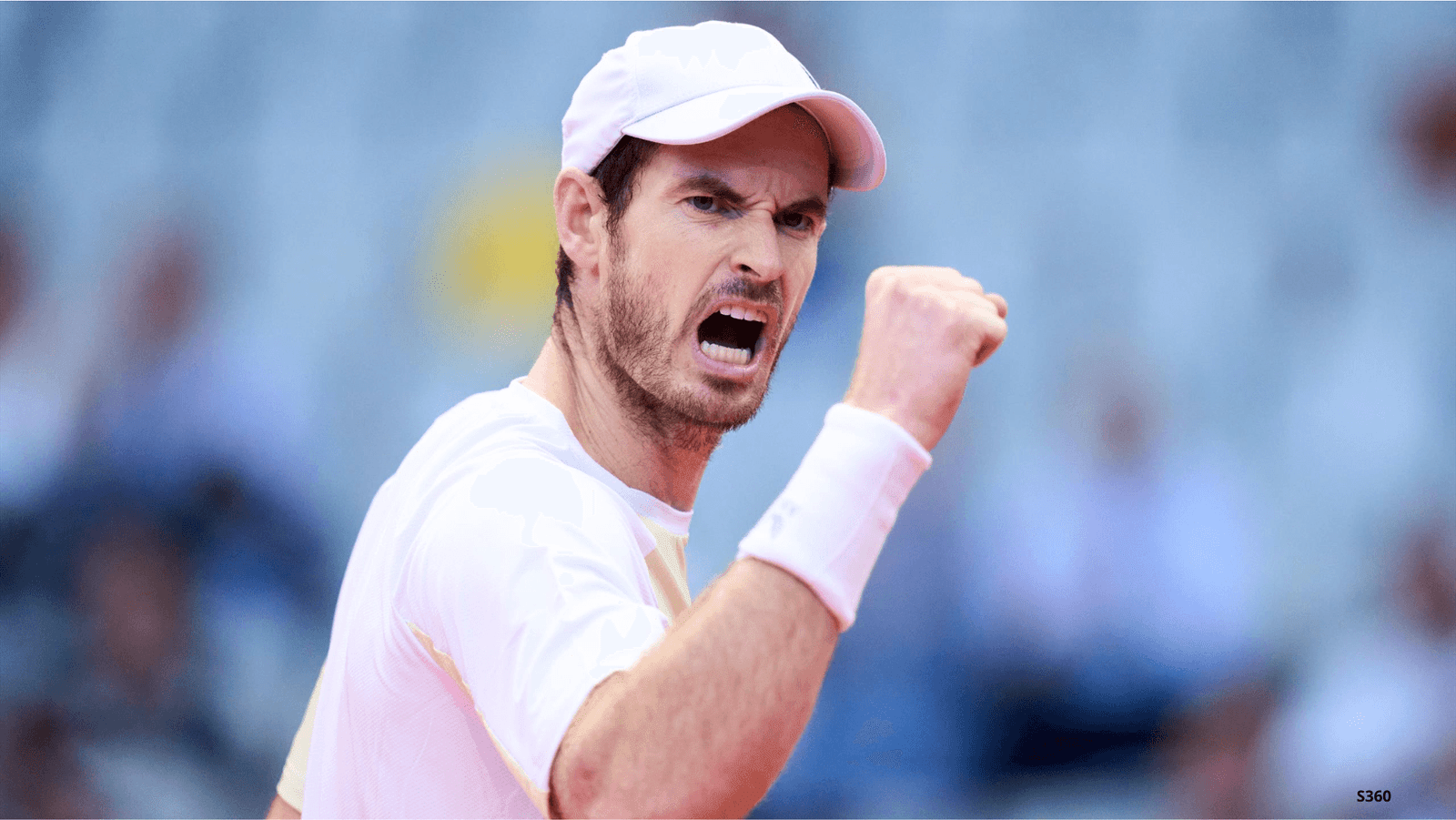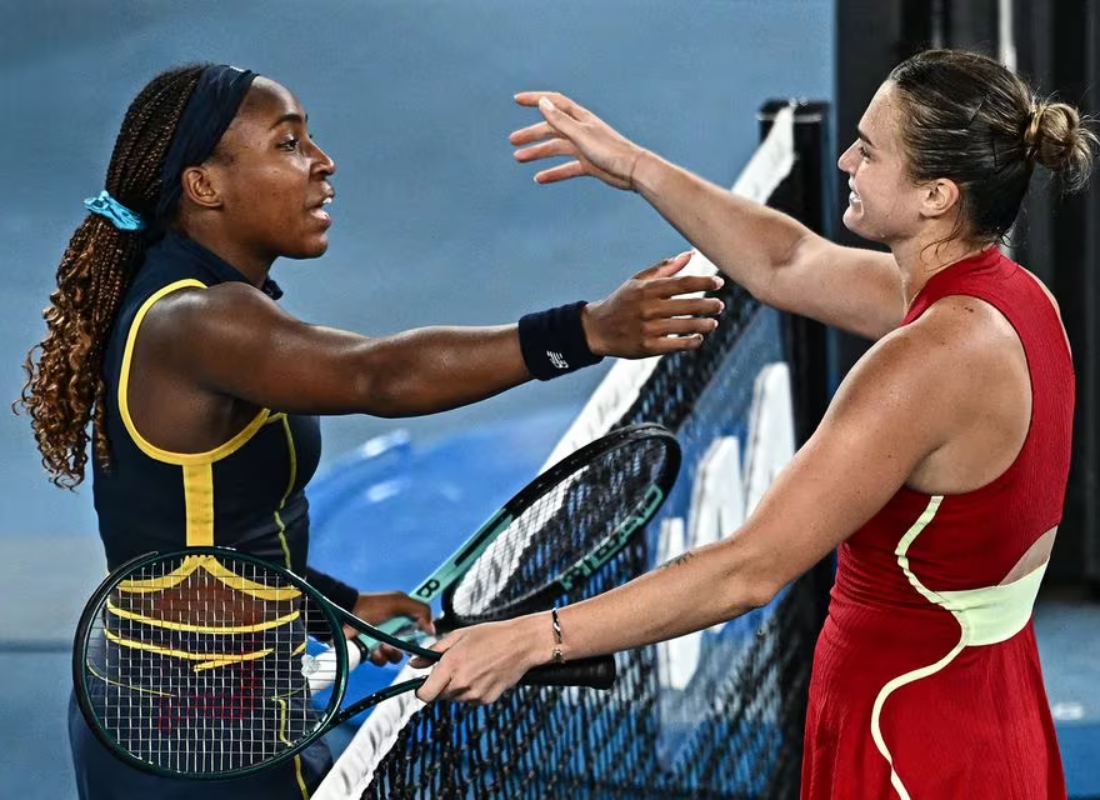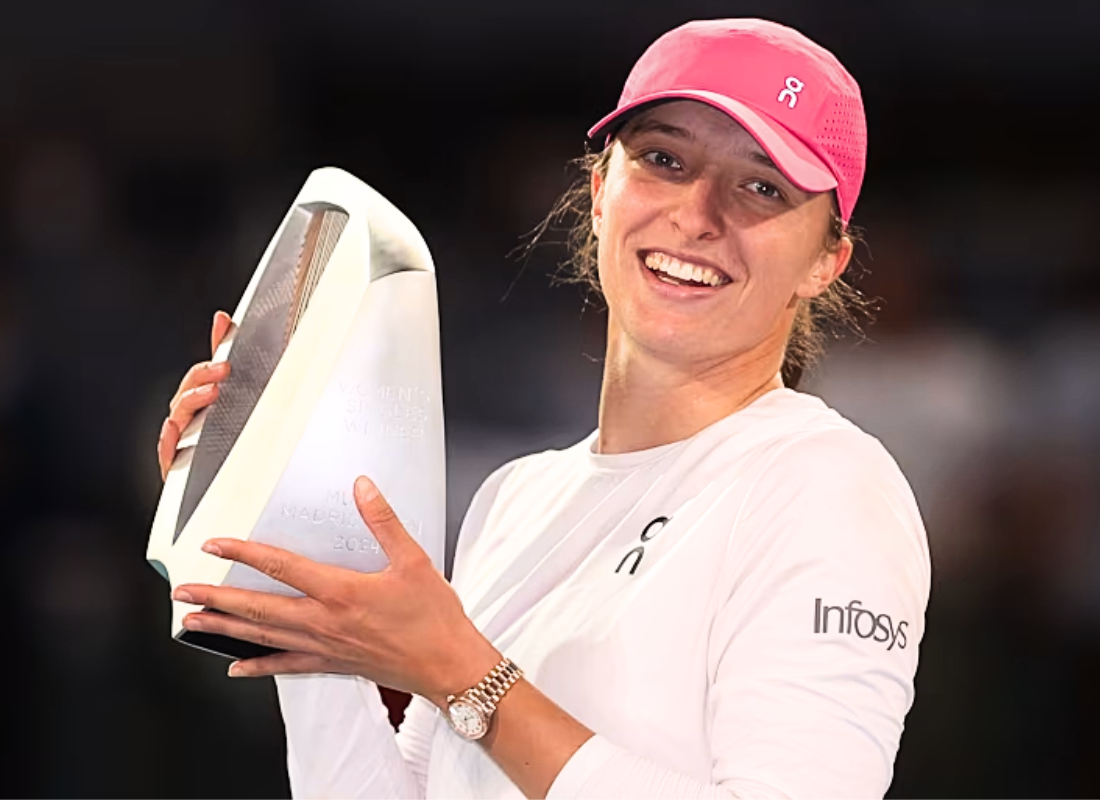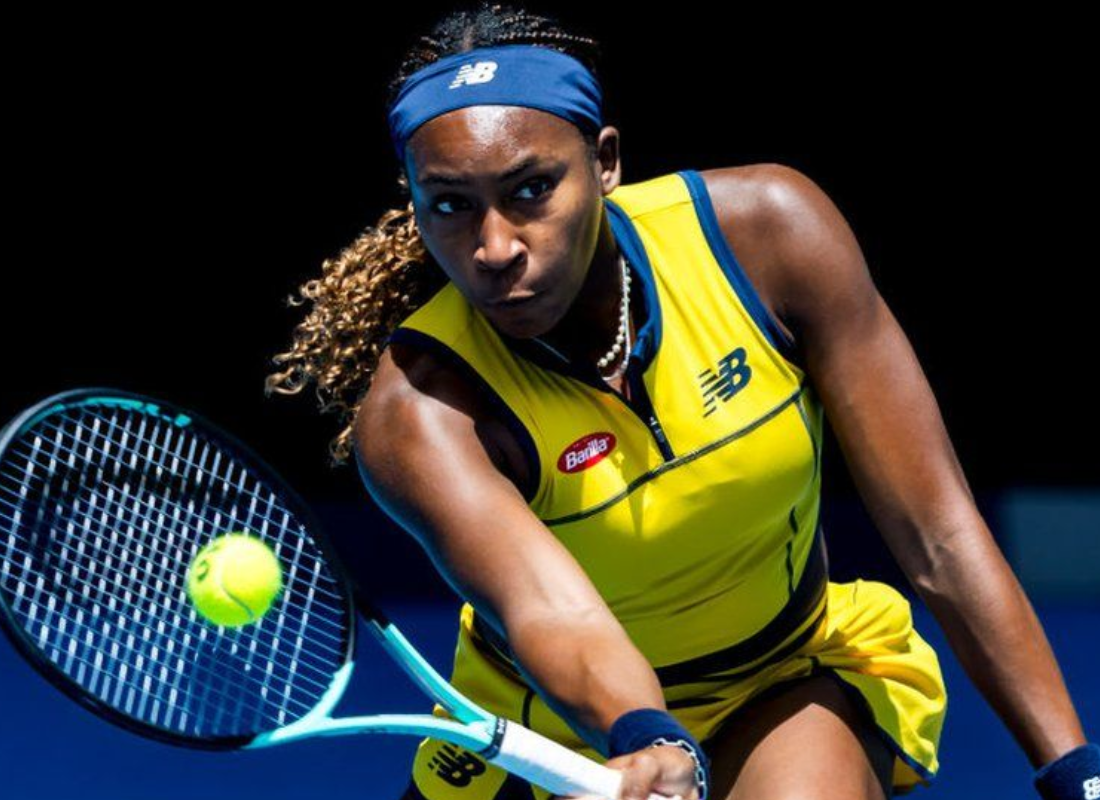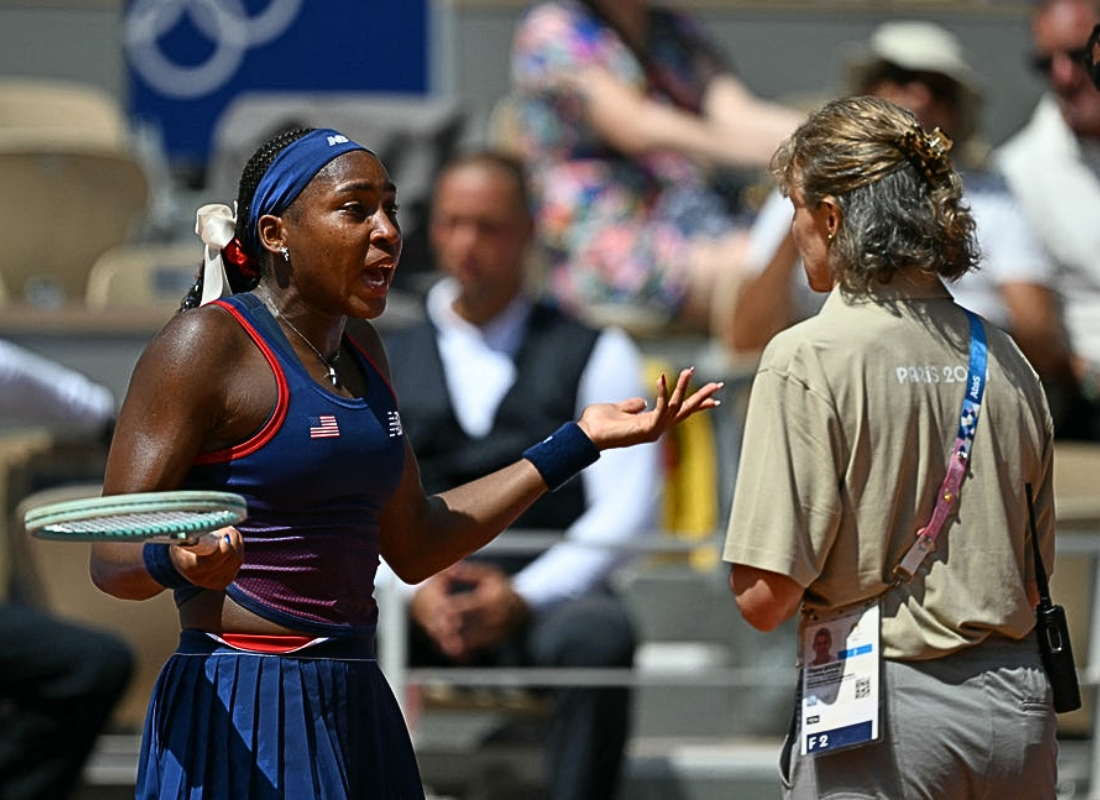Let me begin by stating that I hold a deep dislike for tennis, rooted in my childhood experiences. During a holiday, I longed to be back home playing football with my friends, only to find upon my return that they had all taken up tennis instead. This was disheartening for me.
The profound disappointment I experienced during that time could have brought me to tears, and even now, the arrival of Wimbledon season evokes a similar feeling. My friends have learned not to mention it to me, knowing the effect it has.
To some extent, one could argue that the unfortunate childhood incident I shared earlier played a role in shaping my present misanthropic tendencies, although it’s important to acknowledge the existence of numerous other factors, numbering 3,086 or beyond, that contribute to this disposition. Let’s be candid.
Tennis is often regarded as an elitist English pastime, with its ostentatious Royal Box where celebrities and other pretentious individuals showcase themselves. The players, dressed in their pristine white attire, lack the down-to-earth appeal of footballers. They don’t emanate an upper-class air either; they seem more akin to assistant managers or subordinate figures.
A reminder that 4 years ago Andy Murray's retirement tribute video was being played at the Australian Open.
— Eurosport (@eurosport) January 17, 2023
Never. Write. Him. Off. pic.twitter.com/cYcyF15QJS
They perspire, vocalize with effort, and display tantrums, making them less than ideal role models for impressionable children. It would be more beneficial for the younger generation to emulate journalists who enjoy their drinks, liberated from unhealthy competitiveness and the morally ambiguous drive to win.
Children, take note: being labeled a loser can actually be a compliment that helps foster resilience and prepares you for life’s inevitable disappointments. Now that we’ve addressed these thought-provoking statements, let’s explore the subject’s life.
And by life, I mean life itself. I won’t delve into the intricacies of tennis. If you are a fan of the sport, you are undoubtedly familiar with Sir Andy Murray’s achievements. If you’re not, you likely have no interest. Welcome, fellow comrades.
It is reasonable to acknowledge that Mr. Murray has achieved great success in tennis, though I don’t intend that as high praise. However, despite bringing perceived shame upon Scotland through his tennis racquet, he has led a captivating and meaningful life in other aspects.
His support for Hibs ensures him a place in heaven, and he has made admirable efforts to assist others. Born on 15 May 1987 in Glasgow, Sir Andy Murray came into existence with the help of skilled professionals.
His mother, Judy Murray, and his father, William Murray, share the same surname. Notably, Andy’s maternal grandfather, Roy Erskine, once played for Hibs during the late 1950s, which accounts for Andy’s commendable allegiance to the team.
Despite being born with a bipartite patella, a knee condition that could have been a valid excuse to avoid tennis, young Andy Murray defied expectations. Introduced to the sport at the age of three by his mother, he embarked on a path that some might argue led to his eventual downfall.
Growing up in Dunblane, Murray attended the primary school that tragically became the site of a notorious massacre perpetrated by Thomas Hamilton. On that fateful day, Murray found shelter in a classroom, leaving an enduring impact on his early life.
At 15 years old, Murray had the opportunity to pursue football training with Rangers but made the decision to focus on tennis instead. The allure of a sport that kept one’s shorts clean and reduced the risk of injury appealed to him. He relocated to Barcelona, Spain, to train at the esteemed Sánchez-Casal Academy, a renowned tennis institution.
As Murray’s career progressed, he garnered recognition for his outstanding achievements and philanthropic endeavors. In 2013, he received the appointment as an Officer in the Order of the British Empire (OBE), followed by a knighthood in the 2017 New Year Honours List, becoming the UK’s youngest knight at the age of 29.
Murray played a pivotal role as a founding member of Malaria No More, a charity he co-launched with former football star David Beckham in 2009. He actively participated in various charitable tennis events, including the Rally Against Cancer, and was honored with the esteemed Arthur Ashe Humanitarian of the Year award in 2014.
In 2015, Andy Murray and Kim Sears, whose father shares his passion for tennis, exchanged vows in a wedding ceremony at Dunblane Cathedral. They have since made their home in Leatherhead, Surrey, a place known for its strong association with tennis. The couple has been blessed with a son and three daughters, forming a joyful family.
Andy is a vocal supporter of feminism, actively championing women’s rights, and lending his voice to various causes related to sexuality rights. He has also publicly shown solidarity with the Black Lives Matter movement, although it is uncertain if this occurred during the period when he was dealing with his knee injury.
No room for humor in this situation.
The individual in question has occasionally delved into the realm of Scotland-England rivalry and politics, albeit with subsequent feelings of remorse. It is important to note that these instances were not motivated by a desire to advocate for any particular viewpoint, but rather emerged as spontaneous and even lighthearted remarks. However, in the present climate, such casual comments can have significant repercussions.
Once again, we find it necessary to impart our wise counsel to the younger generation: it is advisable to avoid discussing politics publicly, dear friends of limited intellectual capacity. Engaging in such discussions often attracts unnecessary attention and invites comments from individuals whose reasoning may be unsound, typically found lurking below online articles.
In 2006, an ill-considered statement was made by the individual, expressing support for “whoever England is playing” during that year’s World Cup. This seemingly harmless remark caused an uproar, despite former English tennis player Timothy Henman clarifying that it was made in jest and as a response to playful banter regarding Scotland’s historical difficulties in qualifying for major tournaments.
This incident served as a catalyst for the individual’s involvement in the contentious and passionate Scottish independence debate. Initially, due to the abuse received from individuals in both England and Scotland following the 2006 incident, the individual hesitated to endorse either side during the 2014 referendum.
However, on that momentous day, he made the unwise choice to share a tweet (a lesson for young ones: exercise caution when posting on social media as it can lead to trouble): “Huge day for Scotland today… let’s do this!” This seemingly innocuous statement was interpreted by some as an endorsement of Scotland’s pursuit of independence, a notion vehemently opposed by many Scots.
The subsequent online abuse directed at Andy Murray was described by Police Scotland as “vile.” Shockingly, one message even made a disturbing reference to the tragic Dunblane Massacre.
This distressing incident lends credibility to the belief that certain individuals who claim to support the unity of the United Kingdom unintentionally alienate respectable and contributing members of society, deterring them from embracing the concept of unionism. Likewise, those leaning towards Scottish independence may also find themselves disheartened by the presence of extremist elements within the Scottish National Party (SNP).
ALSO READ:
- 5% of Britons Believe They Can Beat Serena Williams in Tennis
- Djokovic’s Marathon Win at Australian Open 2024
- Coco Gauff’s Serena-Inspired Aussie Open Look

